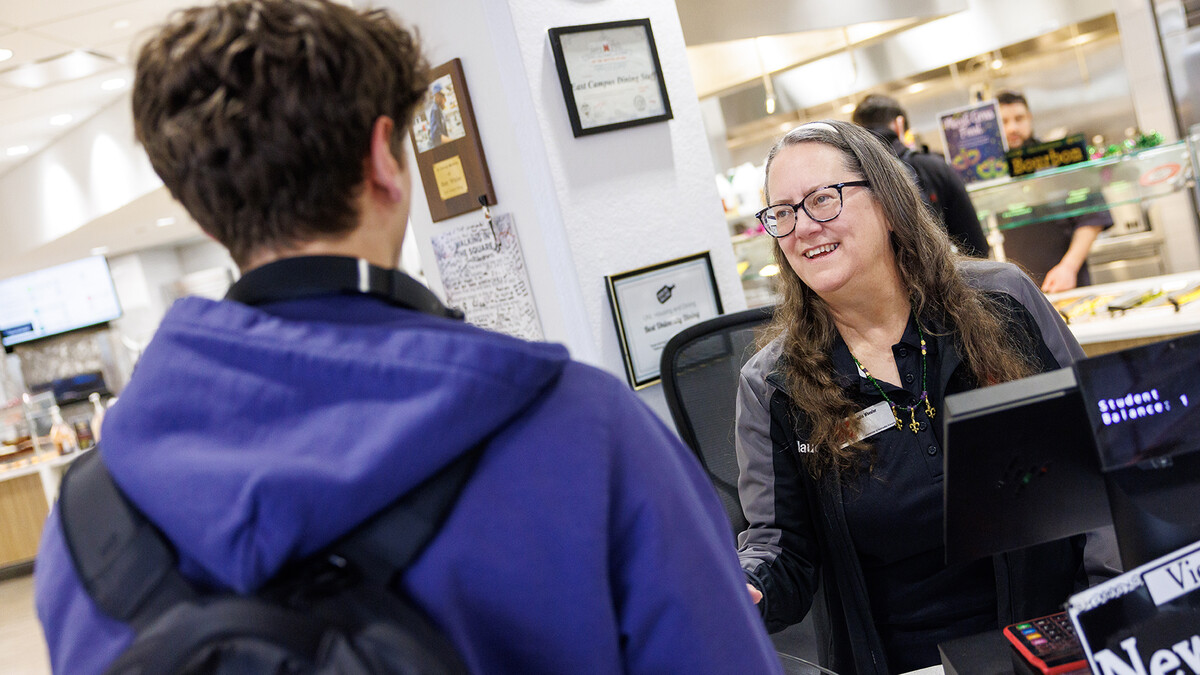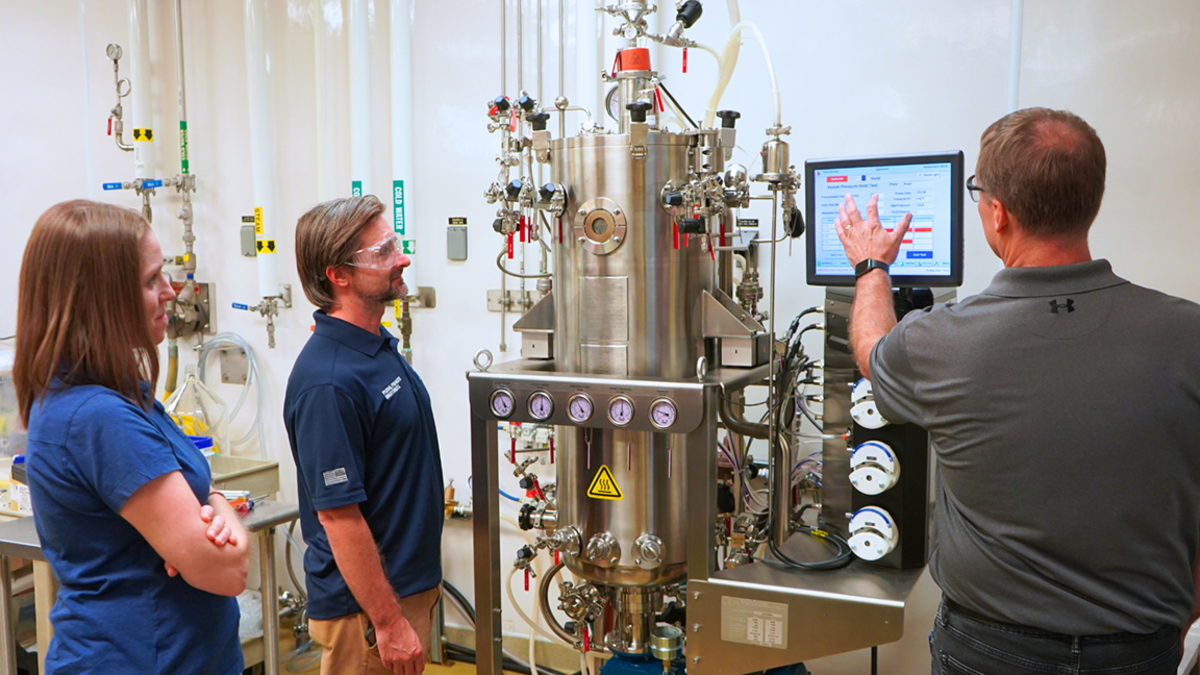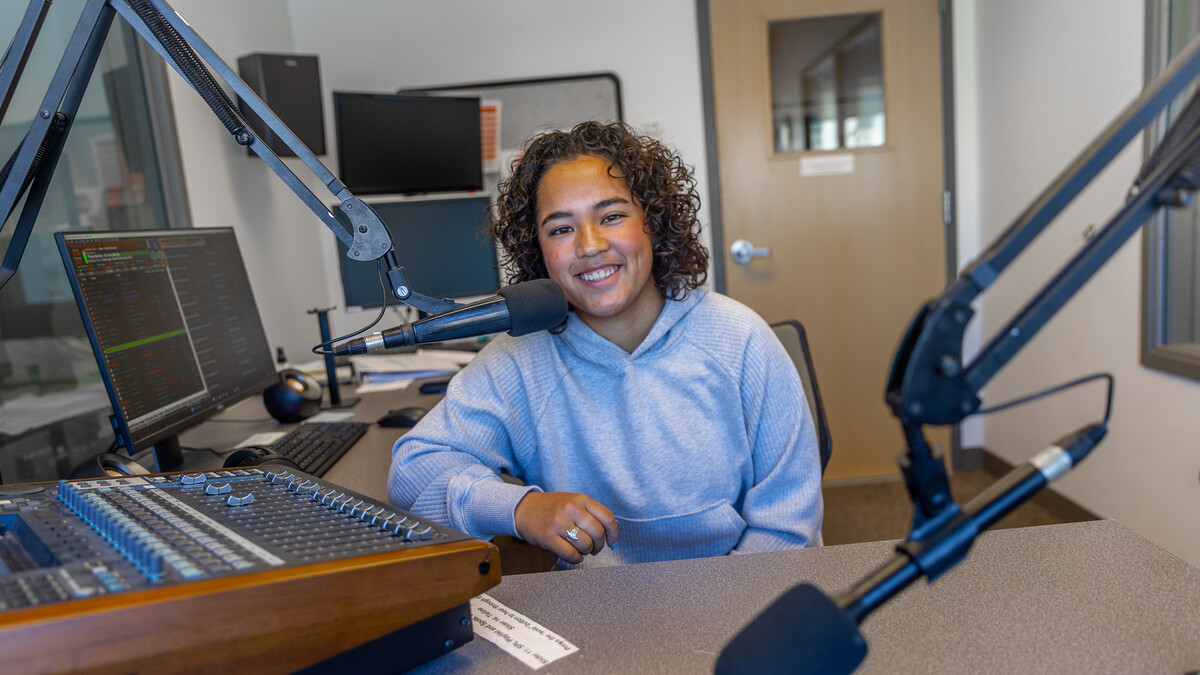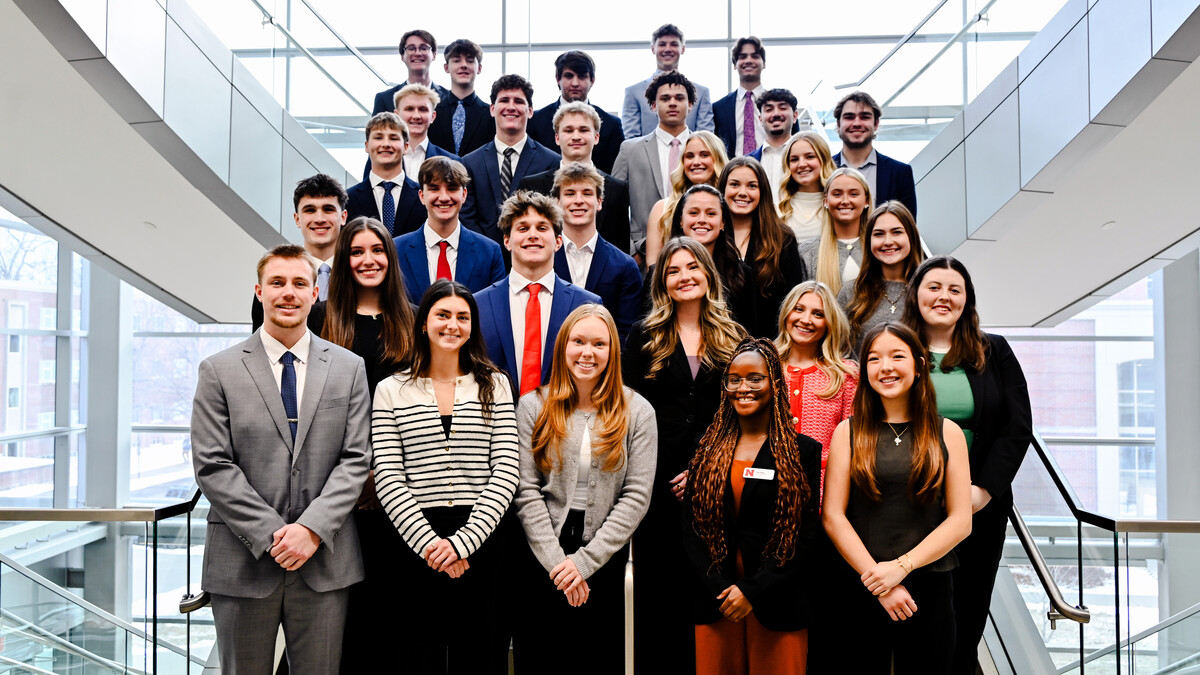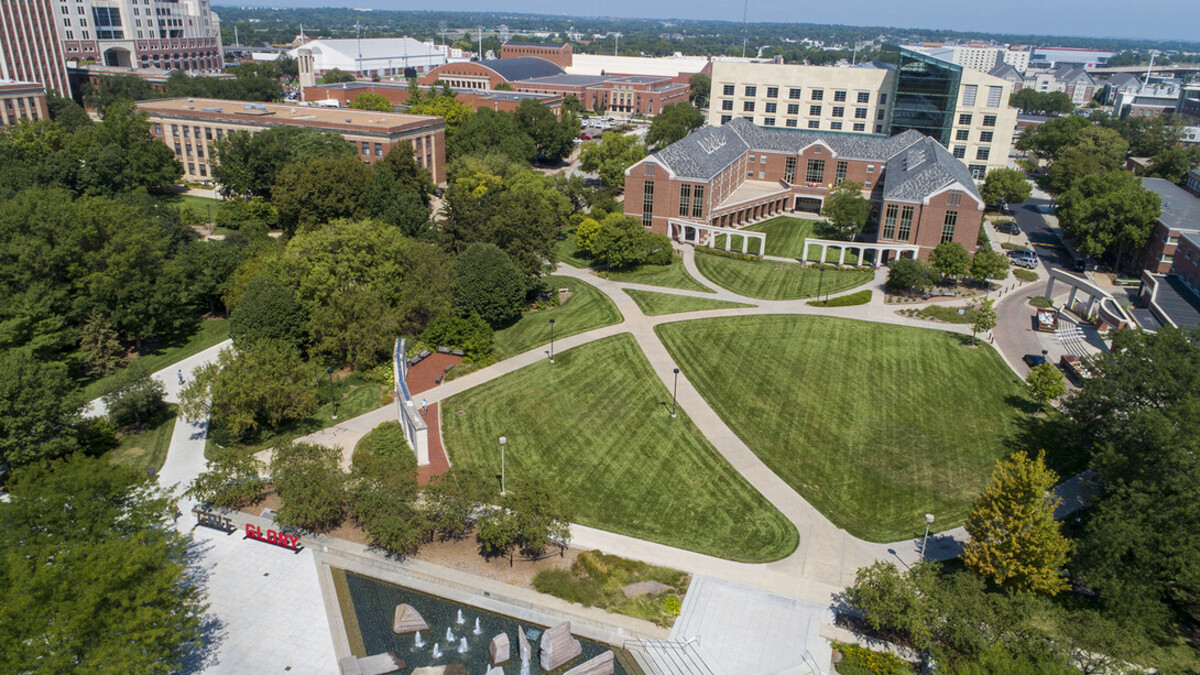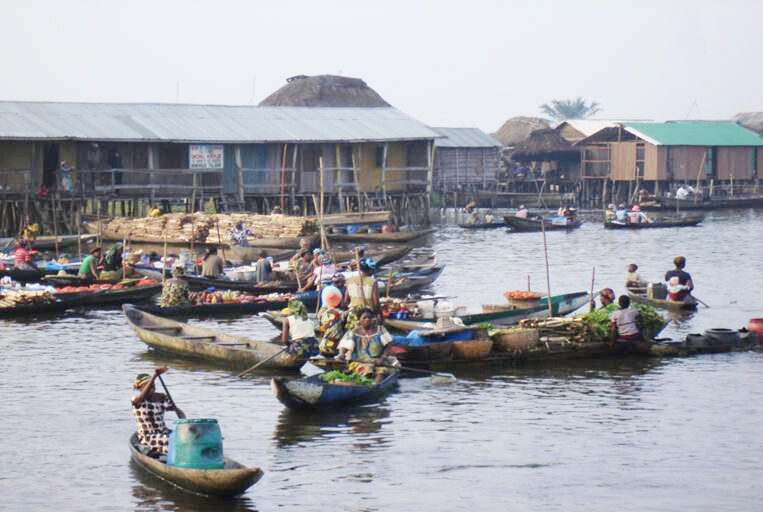
In March, when the United States began grappling with COVID-19, study abroad programs began falling like dominoes, upending planned trips through the summer and fall terms.
Wes Peterson wanted to help when he saw a call from University of Nebraska–Lincoln leadership asking faculty to come up with summer courses that would help fill the void.
As a Peace Corp volunteer in the 1960s, Peterson, now a professor in the Department of Agricultural Economics, developed a strong affinity for Benin, Africa — then known as Dahomey — and the continent as a whole. He returned many times as an agricultural consultant in several countries, and led education abroad trips to Benin himself in 2012, 2014 and 2016.
Building on those experiences, Peterson created an online course that brought Africa to students, providing a wide-angle view of the continent.
“In the Peace Corp, there are three goals,” Peterson said. “The first is to help countries in their development — to work on projects that help to promote growth and development in these countries. The second is to be a sort of ambassador to educate the people about the United States, and the third is to educate Americans about the countries where you were a volunteer. This is the third goal, and I have always tried to contribute to that goal.”
Peterson pitched the class as a virtual tour of Africa and got approval to teach it during the second five-week session.
“There is such a vast amount of information and videos online about Africa, it took a fair amount of time deciding what to include or not include,” Peterson said. “I had several readings and videos from each country that highlighted certain things. In Ethiopia, for example, we watched a video of a woman doing a coffee ceremony. In Morocco, we had Gordon Ramsay wandering around in the Medina of Fez, in the central part of the city, learning how to cook their food. There is a video of how shea butter is made in Ghana, which is a very intense process.”
Peterson also leaned on colleagues, including Christopher Gustafson, associate professor in agricultural economics, and Elizabeth VanWormer, assistant professor in the School of Veterinary Medicine and Biomedical Sciences. They provided expertise on human and animal health among sedentary farmers and nomadic herders in Tanzania and helped with the technology needed to build a virtual course.
When class began, Peterson’s syllabus was organized as modules through which students would watch videos, complete readings and in some cases, take virtual photo tours through 14 African countries, spread out across the continent.
Each week ended with a Zoom session where Peterson invited guest experts to talk about the countries the students had learned about. The discussions featured fellow faculty members, graduate students and friends he’d made through his own travels.
“That’s a great thing about Zoom, you can bring in someone from anywhere in the world,” Peterson said.
Peterson endeavored to introduce the students to each country’s culture, food, landscape, and government structure, along with exports or historical events for which a country is well-known.
“Not every module covered exactly the same things,” Peterson said. “We talked about the genocide in Rwanda, the unique plant and wildlife of Madagascar, the resource curse in the Democratic Republic of the Congo, and how Botswana has used its diamond exports to become the country with the highest per capita income in Africa.”
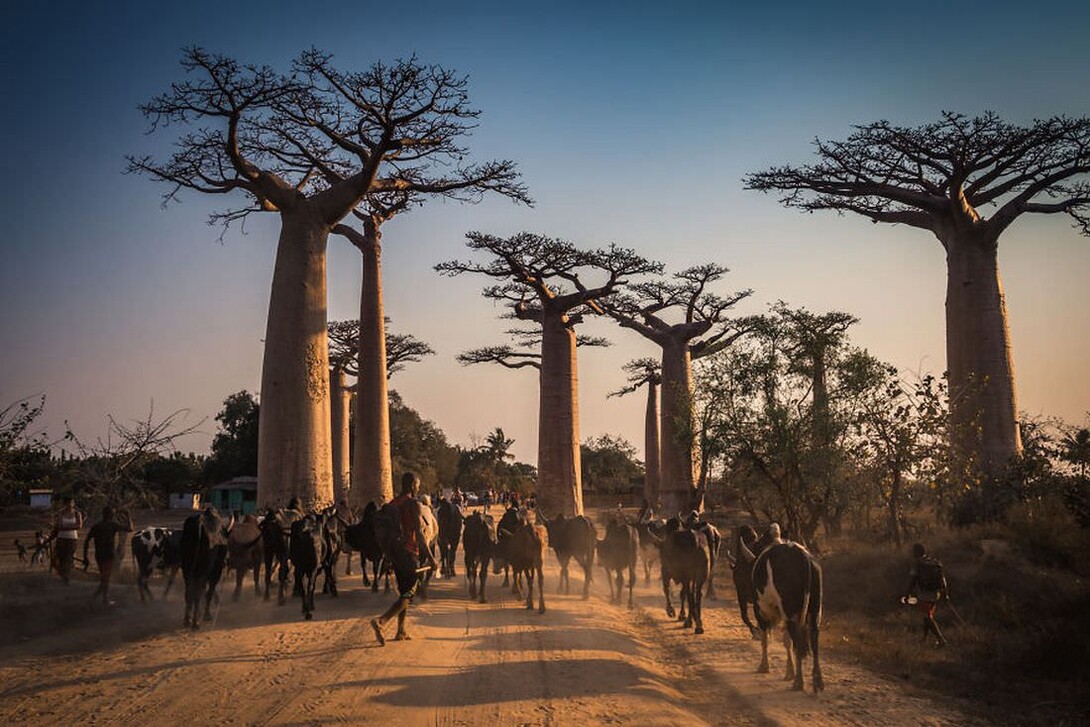
Peterson said he also tried to demonstrate the vast diversity of Africa, which was one advantage to this type of course, versus a study abroad experience.
“Obviously, there is no replacement for actually going there, but right now, we can’t do that,” he said. “The continent is so immensely diverse, that most of the time when you go, you see one or two places and that’s just one small part, so one of the nice things about doing this is experiencing, in some way, 14 different countries.
“We’ve gone to a couple of countries — Tunisia, Morocco in North Africa — which are very, very different from the countries of Sub-Saharan Africa, both culturally and ecologically.”
The students were also asked to do a short essay on the things they learned each week as well as a somewhat longer reflection piece on their overall experience with the tour. Despite not being able to travel in-person to all of these places, Peterson said the students’ comments demonstrate they’ve had a meaningful experience, which aligned with another goal of teaching the course — building an accurate appreciation for Africa and its people.
“What do we hear about Africa when the news comes on,” Peterson said. “We hear about poverty, disease, conflict and so on. Of course, those are there, but it’s not the whole story. So much of what we were trying to do here was to correct that narrative, and let the students understand and see all of Africa, instead of the negative images that seem to be so common.”
With study abroad opportunities canceled in the fall semester, Jon Kerrigan, director of Global Education for the College of Agricultural Sciences and Natural Resources, said more virtual opportunities have been developed for students, including a class that will take a world tour of coffee, and a class that will look at sustaining water for food globally. Both classes will be offered during the three-week mini-session in December.
“The College of Agricultural Sciences and Natural Resources sees global opportunities as an important piece of students’ educational experience and will continue to provide these virtual offerings until they are able to engage in normally held abroad programs,” Kerrigan said.
